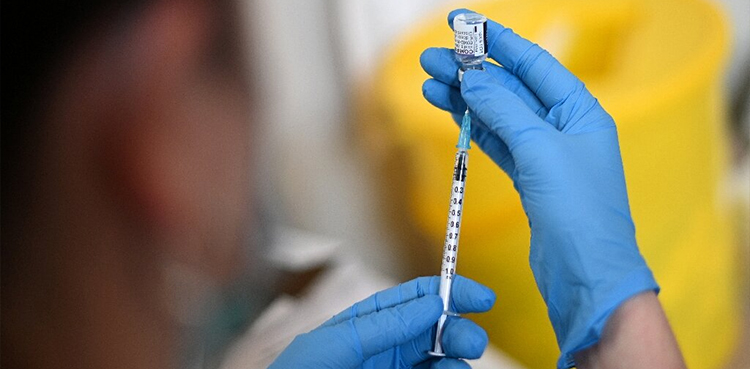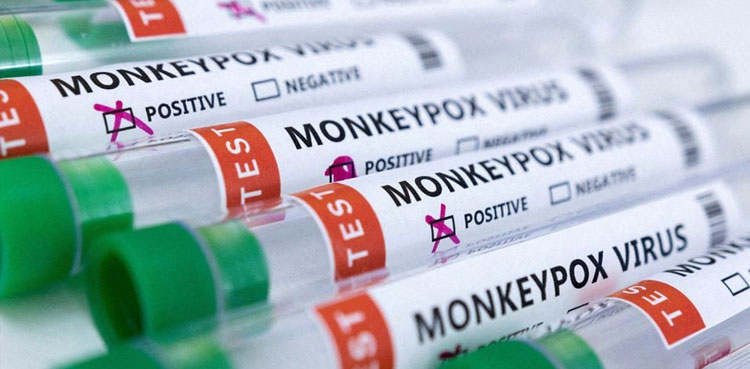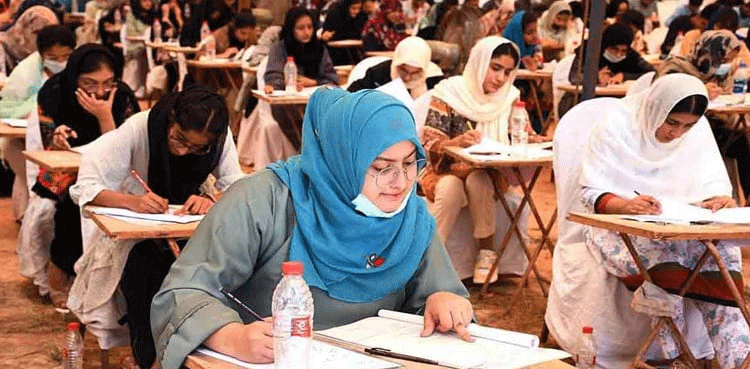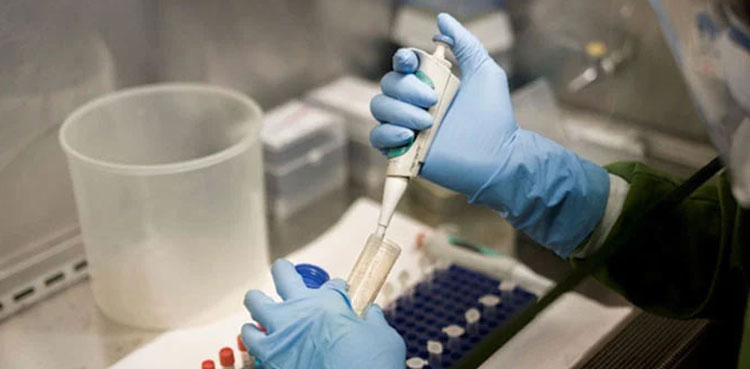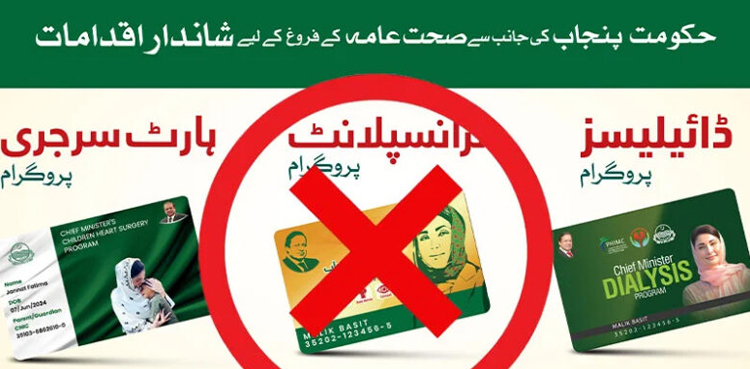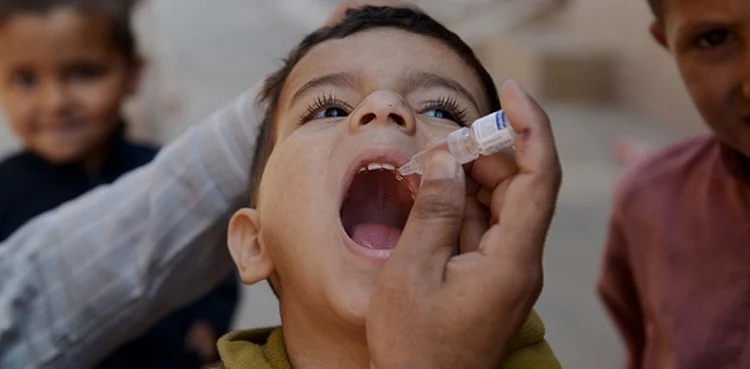Preparations are underway for Pakistan’s first-ever national cervical cancer vaccination campaign, ARY News reported on Sunday, citing sources.
As per details, the Human Papillomavirus (HPV) vaccination drive is reportedly scheduled to run from September 15 to 27 across selected regions, including Punjab, Sindh, Azad Kashmir, and Islamabad, sources confirmed.
Registration has already begun for the campaign, targeting girls aged 9 to 14 years enrolled in both public and private schools.
According to health officials, the campaign is focused on school-going girls within the age bracket of 9 to 14 years, and their registration is currently ongoing.
To raise awareness among parents, voice messages will be sent out informing them about the benefits and safety of the HPV vaccine.
Read more: Pakistan develops first-ever vaccine for breast cancer prevention
The campaign will be implemented through fixed vaccination sites and community centers, with mobile vaccination units also deployed to ensure broad access.
In addition, health department teams will administer the vaccine directly in schools, sources added.
Each eligible girl will receive one dose of the HPV vaccine, which is known to significantly reduce the risk of cervical cancer—a preventable yet deadly disease if left untreated.
The initiative marks a major milestone in Pakistan’s public health efforts, aiming to protect future generations of women from a life-threatening but preventable illness.
